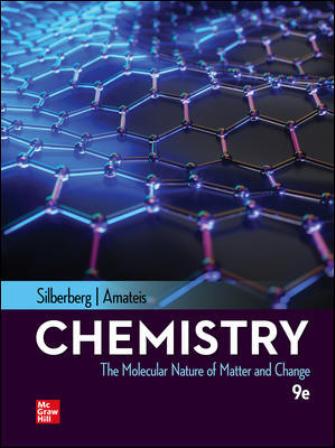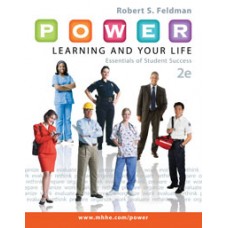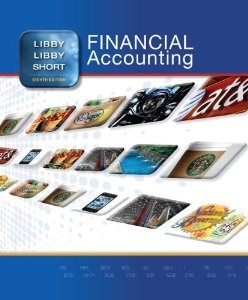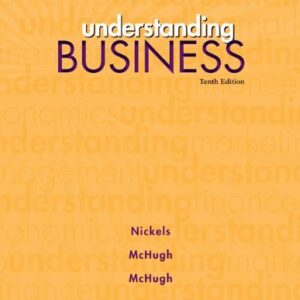Solution Manual for Chemistry: The Molecular Nature of Matter and Change, 9th Edition, Martin Silberberg Patricia Amateis
$35.00
Solution Manual for Chemistry: The Molecular Nature of Matter and Change, 9th Edition, Martin Silberberg Patricia Amateis
Solution Manual for Chemistry: The Molecular Nature of Matter and Change, 9th Edition, Martin Silberberg, Patricia Amateis,
Table of Contents
1 Keys to the Study of Chemistry: Definitions, Units, and Problem Solving
2 The Components of Matter
3 Stoichiometry of Formulas and Equations
4 Three Major Classes of Chemical Reactions
5 Gases and the Kinetic-Molecular Theory
6 Thermochemistry: Energy Flow and Chemical Change
7 Quantum Theory and Atomic Structure
8 Electron Configuration and Chemical Periodicity
9 Models of Chemical Bonding
10 The Shapes of Molecules
11 Theories of Covalent Bonding
12 Intermolecular Forces: Liquids, Solids, and Phase Changes
13 The Properties of Mixtures: Solutions and Colloids
14 Periodic Patterns in the Main-Group Elements
15 Organic Compounds and the Atomic Properties of Carbon
16 Kinetics: Rates and Mechanisms of Chemical Reactions
17 Equilibrium: The Extent of Chemical Reactions
18 Acid-Base Equilibria
19 Ionic Equilibria in Aqueous Systems
20 Thermodynamics: Entropy, Free Energy, and Reaction Direction
21 Electrochemistry: Chemical Change and Electrical Work
22 The Elements in Nature and Industry
23 Transition Elements and Their Coordination Compounds
24 Nuclear Reactions and Their Applications
Appendix A Common Mathematical Operations in Chemistry
Appendix B Standard Thermodynamic Values for Selected Substances
Appendix C Equilibrium Constants at for Selected Substances
Appendix D Standard Electrode (Half-Cell) Potentials
Appendix E Answers to Selected Problems
Be the first to review “Solution Manual for Chemistry: The Molecular Nature of Matter and Change, 9th Edition, Martin Silberberg Patricia Amateis” Cancel reply
Related products
Solution Manual
Understanding Business Nickels 10th Edition Solutions Manual












Reviews
There are no reviews yet.